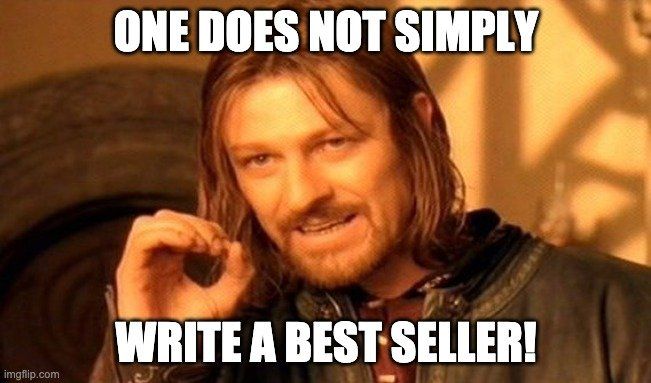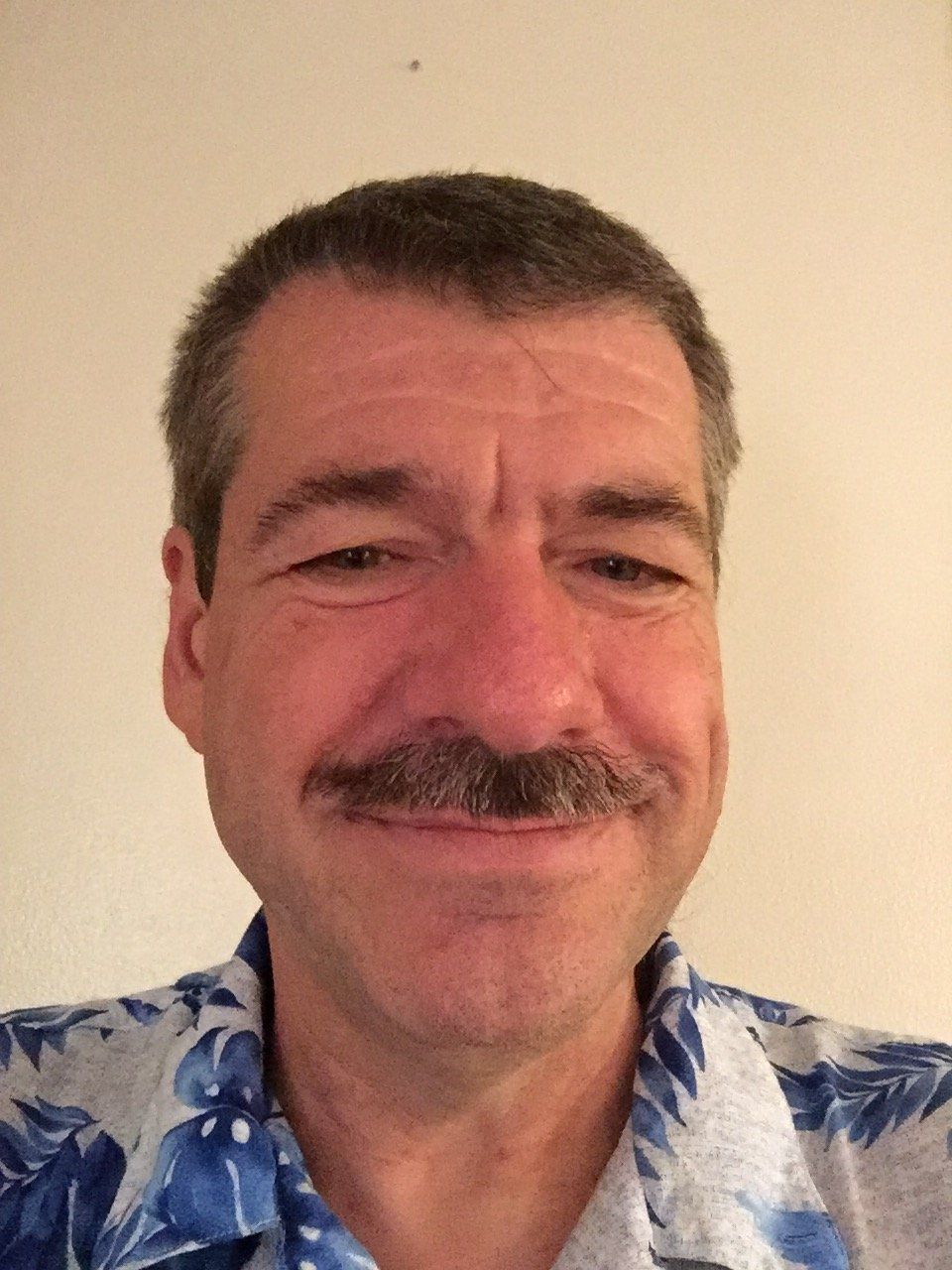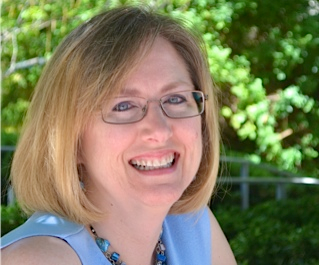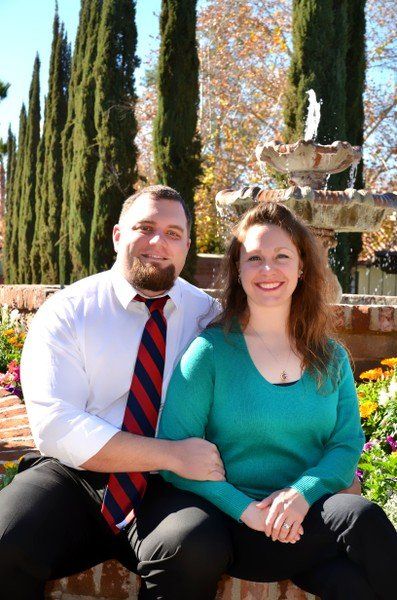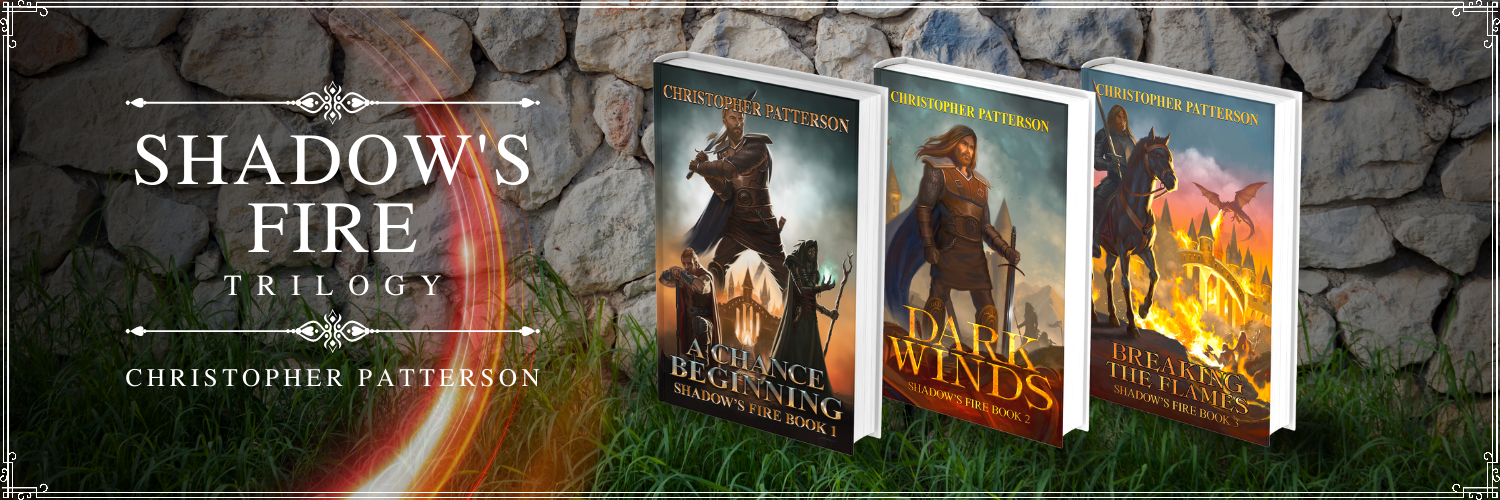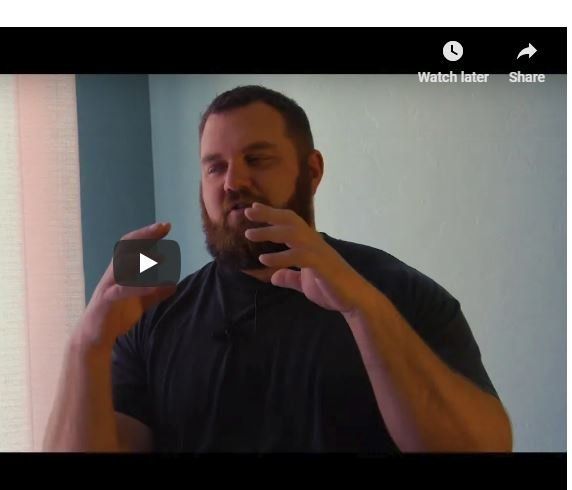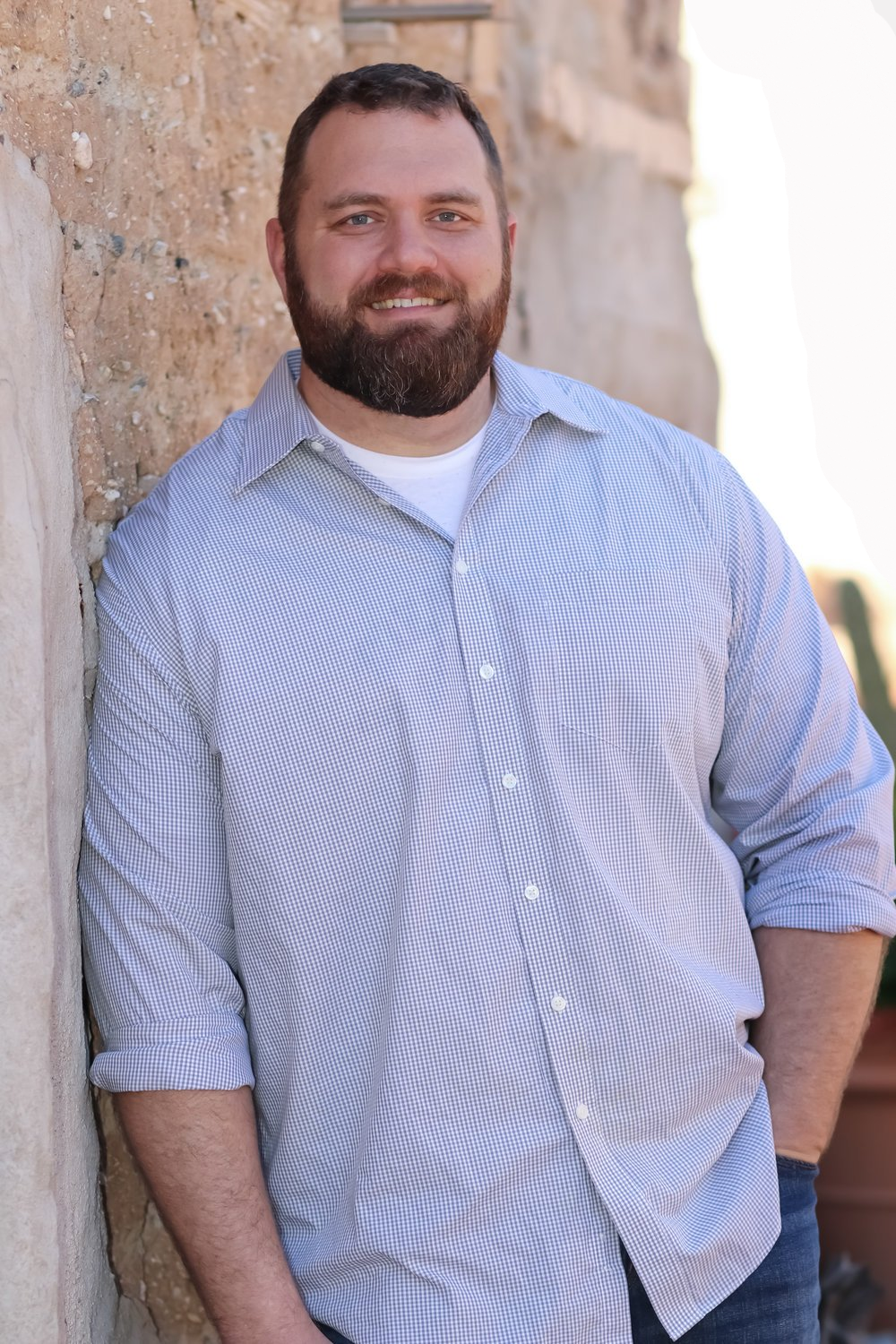How to Be an Audio Book Narrator
If you’ve ever heard an audio book and have thought, “I’d love to do that”, then I’ve written this guide for you. This is all I know about being an audio book narrator. I’m a newb in this field however I’d like to tell you it’s much easier than you think, and also much more challenging than you think.
Yes, this sounds controversial, however being an audio book narrator is not hard, if you have kids then you’ve probably been doing it already each time you read a bedtime story. But the hard part can be learning the new skills both on computer and vocal, setting up your studio, and most important of all, sticking with long books.
If you have any questions, then don’t be afraid to post in the comments below and I’ll get back to you. Failing that, you can email me direct at amrit@laughingmonkey.tv or get my contact details through my website on www.laughingmonkey.tv.
As for what mic I use, after doing a lot of research I decided on getting the Cad E100S which is an American made mic. It had great reviews and was a favourite for voice over artists. The Cad came out much cheaper than the Neumann’s so it fit my budget. So far I’ve been pleased with the results.
I’m not going to go through setting up a home studio. There are countless videos on youtube on that, but, if you want to see photos or videos of my setup then just ask in the comments below. If enough people ask, I’ll post some.
Voice Acting
Being an audio book narrator is a lot like being an actor. In fact, you certainly will be acting the roles of the characters you speak. However there is no physical visual performance being recorded, even though you might be animated in your physical appearance, you won’t be performing on stage in front of an audience, nor will anyone see anything you do, so it is 100% dependent on your voice to get the message across to your listeners. You might think that’s obvious, however when you only have your voice to deliver a message, it’s very important you understand what the author is saying and you’re able to deliver the message in that way. Hence reading a subject you understand or are at least familiar with is often a good first step.
What Motivates You?
The reason you start recording an audio book is an important question. It is your reason is what will get you through to the end. Or not. So ask yourself, why do you want to narrate a book? Whilst the idea may seem romantic at first, that idea will soon fade once you experience the vast amount of work, time and effort it takes to record a finished piece. I’ll go into the time it takes to record and produce a final piece later.
Are you doing it to become famous? Are you doing it so you can make money? Or are you doing it so that you can tick this off as another thing you wanted to do in life? My reason? Well simply put, I wasn’t looking at monetary value, nor any fame aspect. I simply wanted to have a recorded piece which my children could listen to forever, long after I was gone from this mortal body. So it was my gift for them. That reason was strong enough to get me through to the end of the book without giving up. And that’s what you need. Whatever your reason for wanting to record a book, as long as it is stronger than your desire to quit you will be fine and get through it. So do it for you mum to listen to, in the worst case.
Oh, and as far as fame goes, I hate to admit it to you, but unless the person is already famous, I wouldn’t be aware of who is narrating an audible book I’m listening to. And since it’s all audio, I would have no idea if that person passed me on the street, so no, this is one field where fame is not prevalent. However, for me, that was one thing that attracted me even more to it. I didn’t want to be famous. But I did want to create.
How Long Does it Take?

An hour of recorded finished audio can take between 4 to 8 times that to edit and finalise. That’s a lot of investment for a book which is 36 chapters long. I found it took me about 40 minutes to read 5 pages. Editing time took me around 2-4 hours for that piece depending on how many mistakes there were in my read. Of course, as the book went on I became a better reader and was able to read with less mistakes.
So yes, the time invested in recording an audio book is going to be longer than you plan. So your reasons are what will get you through it.
Start Practise Recording
Right, so I’m assuming you’ve got your mic, your studio is set up and you’re ready to go. My advice is take a book you like - any book, and start recording yourself. Read the first chapter whilst recording yourself.
Next, listen back to it whilst reading your book. There will most likely be a lot of background noise, a lot of pauses, times you’ve forgotten to read words out or times you’ve just missed entire sections altogether. Usually, the first attempt will be awful. So don’t worry about that.
Whilst you’re listening to your audio, think of how you could have said it better. Or imagine a professional actor narrating the book.
Now I would like you to re-record the voice over and think of the actor who is narrating it. Slow your words where necessary. In fact, we often read too fast when we’re nervous, so get used to that red light saying record and be comfortable in it and slow yourself down.
Listen again.
Basically, that’s what I did, over and over, until I was happy with what I heard. This is your school time. You are learning to use the tools, getting comfortable with the mic, learning to read in a quiet room with nobody to listen to you except a computer. You will get it. Just keep with it. If you absolutely hate it, then maybe this is not for you. But if you enjoy telling the story and strive for improving your recorded performance, then this sure is for you.
Edit
So the editing phase is where you get to have fun and improve things. Like taking away the background noise removing long unnecessary pauses, and even changing the tone of your voice.
I use a tool called Adobe Audition for this, but free software such as Audacity is just as good.
Learn how to use your software of choice. There are plenty of help videos on youtube on this.
The Test
So once I was confident in what I produced was good, I asked a few other people to listen to it, and see if they were engaged and enjoyed it?
This can be tricky as people often don’t want to do things that others ask them to do, especially anything that takes longer than 5 minutes. So, it will be a good idea to make a friend, who has a similar interest whom you can critique back. You can also set up a local meetup group, or better still join a facebook group such as the VoiceOver Club.
If you can read one chapter well, then you can read the whole book.
Listen and Repeat
A great way of increasing the kind of accents you have is by practicing them. And a great way to practice is by listening to different accents you hear, and mimicking them. When you’re watching a film, or tv show, attempt to copy the actors voice. The more voices you have in your bag, the more variation you can add to your audio book.
The other great way to practice is when you’re listening to radio adverts. These are actually good ways to practice different delivery methods: is it naturally spoken or not, which words have they emphasised. The key is to listen and repeat.
One way I found was that different voices come from different sources of the body. A booming voice might come from the belly, whereas a squeaky voice will be all from your throat.
Strive for excellence
This is something I realised in my life a long time ago (in a galaxy far far away). Those who strive for excellence, will always keep growing. They will better than they were. Continuously.
So if there’s one piece of advice I can give which is crucial to this, and probably any task you set before yourself, strive for excellence. It’s not about doing the best you can do, it’s about finding ways you can do better, to give the best final product.
Don't Over Perform
Now I admit, sometimes I record pieces where I think at the time I have produced something superb. And then I play it to somebody else and they think it’s cheesy or over performed. This is a common problem in voice over. We can give it our all and then over perform, and come across terrible.
But that’s ok. Just tone it down. Maybe take a break from the mic for a bit and return and have another go at it. Record several versions of a shorter piece and ask people what they prefer.
Get Your First Audio Book Contract

So by now you should be in a place where you’ve practised, and have received good feedback. So put yourself together a short showreel and go to www.acx.com and choose a title you’ll be happy to read.
Don’t be discouraged by not receiving an offer. It could be that your voice just doesn’t match what the author had in mind for that particular book, so keep applying and you will get a deal.
If you keep getting rejected, then contact me and I should be able to give you some advice.
Planning Your Schedule
With ACX once you are offered a position you will need to agree to a delivery date. Now, is the time to work your schedule. How long will it realistically take you to record it? How much quiet time do you actually have? Are you away on a holiday, or another event? Are people staying over at yours who will be potentially loud? All these factors will drastically affect your ability to finish your book on time.
I try to set one rule in life when it comes to delivering a project: “under promise so you can over deliver“. There will be times where you might not be able to record due to illness, or random guests coming over, or your computer dies (by the way, always save to a cloud device such as google drive), so factor this buffer time. If you think you can get it recorded in a month, easily, including edits, double that time.
The Recording Process
Initially when I started out recording I began reading one chapter at a time. On average this took me about 45 minutes to do. Then I would send the recording to Chris, he would listen and let me know if I was on track or not. In the most part I was often on track. However, because there were 36 chapters in total, this would become a very long slow process. So I found simply by reading more than one chapter at a time, I was able to double my output. My advice is therefore read as much as you can in each sitting. Don’t just settle for one chapter. Read, two or three at a time.
Be sure to take breaks. You will need to keep your energy up and if you do feel your energy dropping, go eat something light and then do a few stretches or maybe go for a walk before starting up again.
I would keep a glass of water at hand, as it can get pretty hot in a recording studio, especially in the summer and your mouth can dry out. It is better not to drink too much water though, rather, just put a small mouthful and swirl it in your mouth to keep it moist. If you drink too much then all kinds of mouth noises will get picked up in the recording.
Communicate with the Author
The beauty about ACX is they are the contract makers and encourage you and the author to interact with each other in any form you want.
The book I read was A Chance Beginning by Christopher Patterson which is actually part of a trilogy called Shadow's Fire. I have to admit I’ve made a friend through this process. There is nothing like two minds getting together as one, so communicate with the author and keep them very much involved in your project.
So if there were delays, I contacted Chris well in advance. Chris was actually more the director of the piece. You see, direction will be needed, and who better by than the author? So Chris and I came up with this process. He would write me paragraph on each chapter, telling me what the tone is, who the characters are and what he imagines the voices should be like, and that was often enough to get things spot on for Chris in terms of what he envisioned.
We didn’t always get it right, there was a time the accent Chris recommended for the Dwarves did not fit in what I envisioned, so I recorded him two versions of the voices and he preferred the one I suggested. So if you do feel something else works then don’t be afraid to share this with your author.
Error Checking
The thing about ACX is it is a shared project with shared ownership. It’s in the interest of both parties to produce an audio book that sells. So that’s two pairs of eyes and ear that 100% want this project to work. There is a saying in Punjab: Two minds together are like 11 individual minds. I have to say, without the guidance and direction of Chris I wouldn’t have produced the book to the level I did.
After recording each chapter, I had Chris listen to it just to make sure I was on track. Then I would begin the edit. Later, the editing took so much time I decided to outsource this part to get the project done. So in the end we had two checks done, one by Chris to make sure the accents were on the right path and mood and tone of each scene was correct, and secondly my editor who would actually pick up a lot of mistakes which we missed out.
At the time of this writing we are on the final corrections of the last 6 chapters. We will then add some background music between every five or six chapters and then combine all of the recordings into one final file.
Marketing
Regardless of your reason for making an audio book, unless it makes money it will be difficult to keep the process going and recording your next book. Therefore it will help a great deal if the author has some kind of following where you know sales are likely.
In most cases, authors on ACX are there because they do not have a large publishing house backing them. Therefore all marketing will need to be done by the author, and possibly you. In fact, this article is written specifically with that in mind, to generate awareness of the book. So blog about it, share it on social media, spread the word and find ways to get sales.
Have Fun
Recording an audio book is a mammoth task but not one that is out of anybody's reach. Therefore, I will say make sure you have fun. Always laugh, during the good times and the bad times, and it will get through it.
Good luck and if you do have any questions on this topic, then give me a shout at amrit@laughingmonkey.tv.

Chris' Blog
